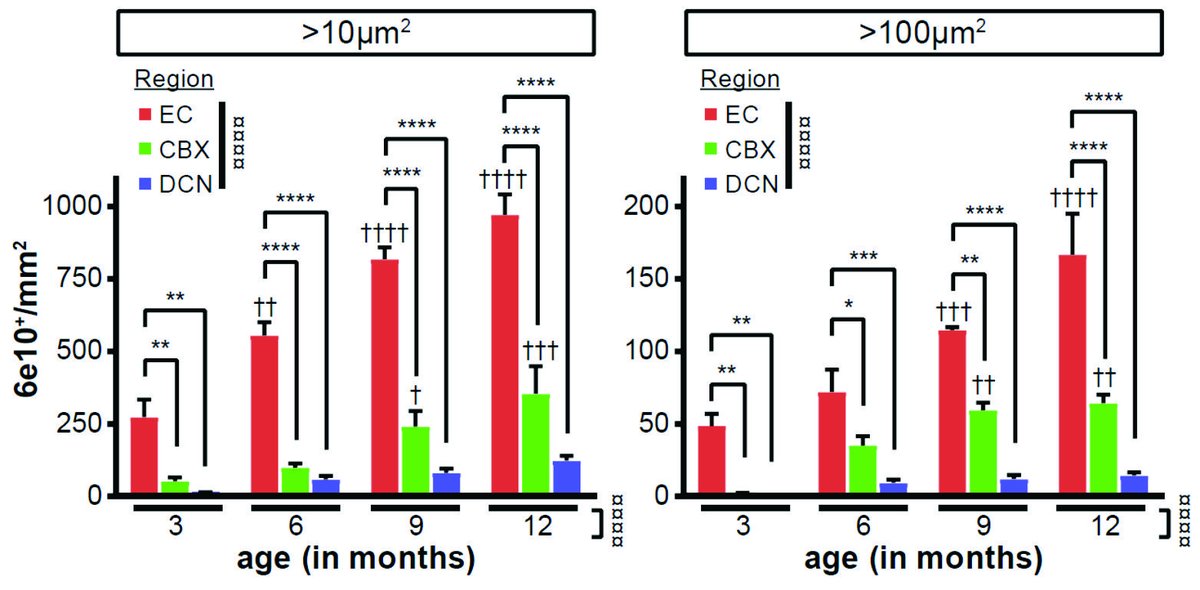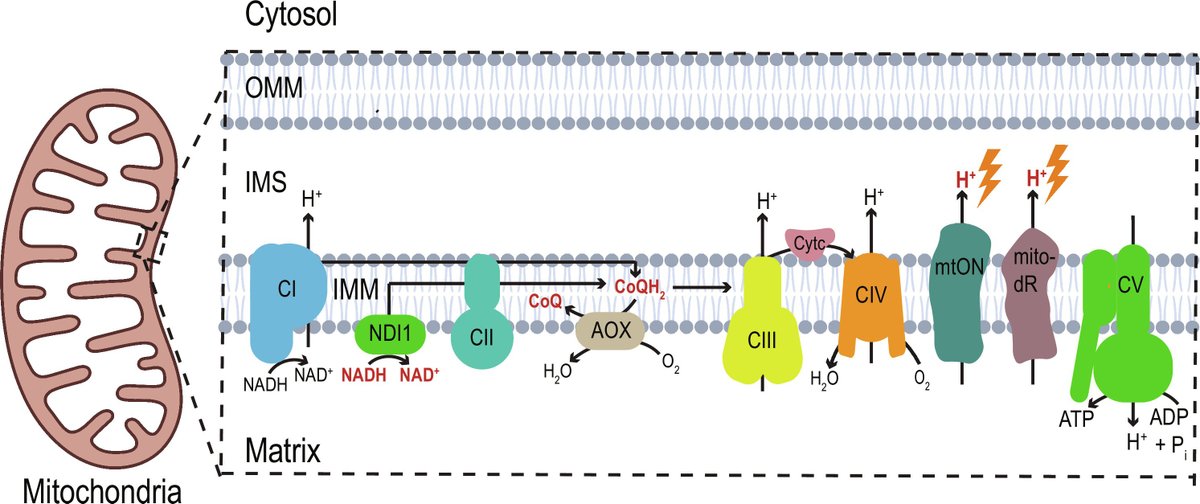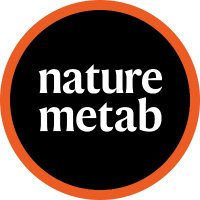
Scintillon Institute
@scintillon
The Scintillon Institute for Biomedical and Bioenergy Research is a 501(c)(3) non-profit research institute that is developing biologically-based technologies.
ID: 2838451616
https://www.scintillon.org 02-10-2014 23:30:27
559 Tweet
266 Followers
75 Following


In this collaboration with Toh Hean Ch'ng LKCMedicine, we identified molecular signatures and signaling pathways that may explain why Alzheimer’s disease pathology is largely absent in the cerebellum compared to other brain regions until late stages. doi.org/10.1186/s12974…


We are very much looking forward to hosting students and teachers from Brawley Union HS this Friday for them to hear about our research, interact with our faculty and researchers, visit our labs, and be introduced to our annual summer research internship program (SURE)!



linkedin.com/feed/update/ur… The Pedersen lab at Scintillon Institute awarded a $5M Congressionally Directed Medical Research Program grant from the United States DOD (TP230352), titled: “The Role of Genetic Risk Factors and Immune Response on NVU Function in post-TBI Cognitive Impairment”.


Congratulations to Dr. Irene Pedersen for receiving a grant from the PANDAS Network - Official to study the link between blood brain barrier and pediatric acute-onset neuropsychiatric disorders associated with Streptococcus (PANDAS). pandasnetwork.org/the-pandas-net…





Scintillon welcomes three new faculty members, Drs. Guoping Fan, Alexey V. Terskikh Alexey Terskikh and Tal Teitz who have joined the institute to strengthen our research focus on healthy aging and neurological diseases. scintillon.org/faculty-recrui…



Metabolic dysregulation is a driving force of aging. Enzymes from lower organisms—such as bacteria and yeast—may be able to reverse age-associated metabolic changes in humans, a new study finds. Valentin F. Cracan Scintillon Institute Andrey Aging Institute at the University of Pittsburgh PittDeptofMed scim.ag/4i31Lrr


NEWS&VIEWS | X Pan & Valentin F. Cracan (Scintillon Institute, Scripps Research) A new study reveals that in contrast to other #cancer types, translocation renal cell carcinoma is rewired towards an #OXPHOS state, which renders it vulnerable to NADH reductive stress. nature.com/articles/s4225…

Panda Express Community Programs community-fundraiser.com/virtual-fundra… Scintillon faculty Drs. Yun Yung and Jiwu Wang serve on the SAB of the Hydrocephalus Association and encourage everyone to support efforts toward finding effective treatments and, ultimately, a cure for hydrocephalus.

Prof. Guoping Fan of Scintillon has published a new paper in Molecular Cell linking a DNA epigenetic enzyme to mRNA modification and mitochondrial function, with implications for neurodegenerative diseases such as Parkinson’s and Alzheimer’s, and aging. falcon-dinosaur-ndl9.squarespace.com/config/pages


